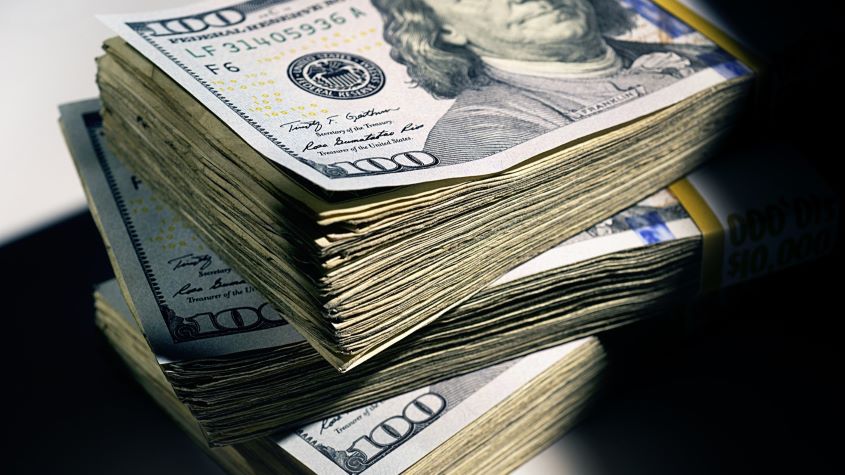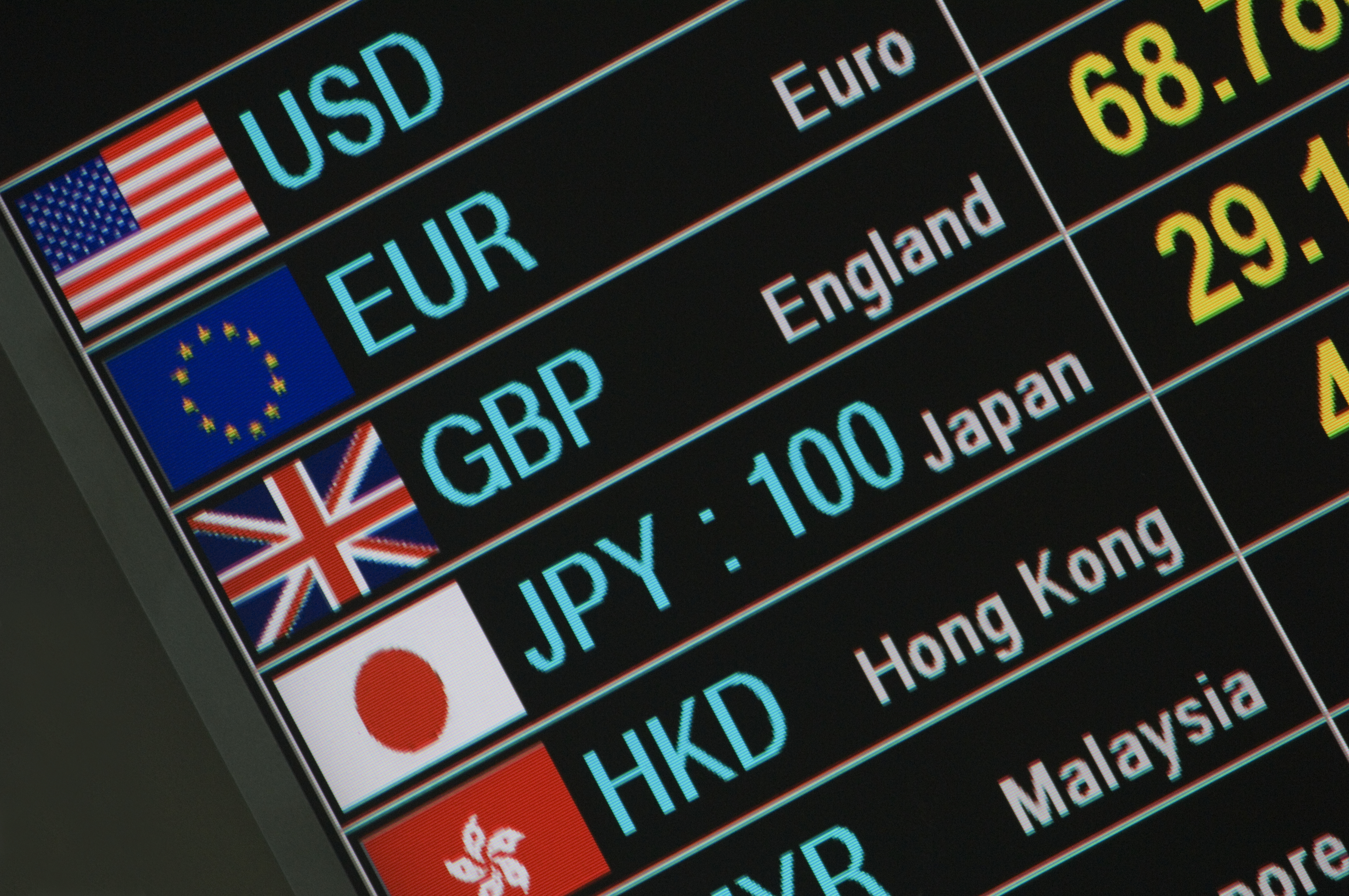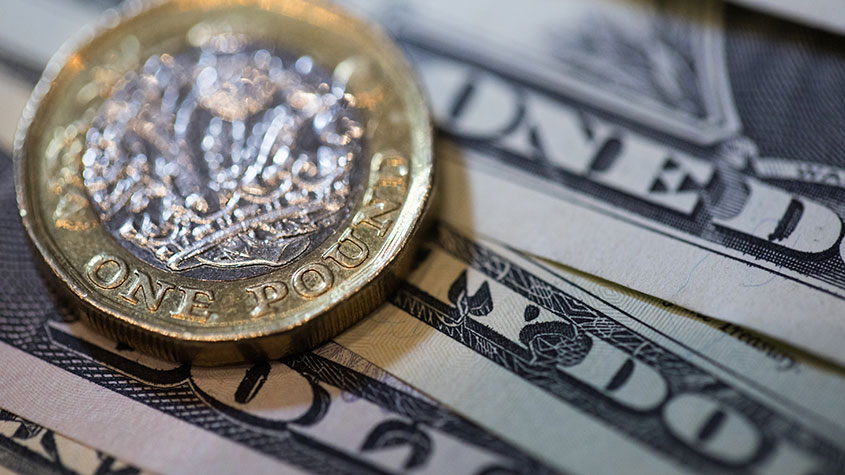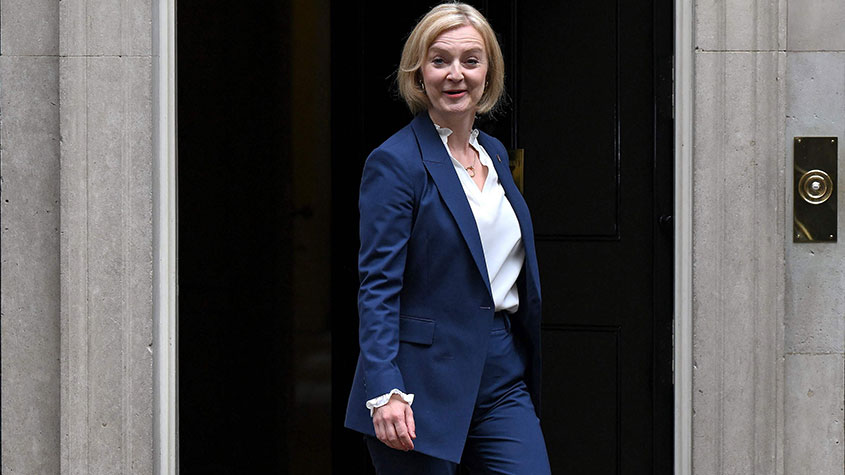Boeing's share price plummets: here's how to play it
Boeing shares have fallen by a third this year. But there could be worse to come. Matthew Partridge explains how traders should play it


Get the latest financial news, insights and expert analysis from our award-winning MoneyWeek team, to help you understand what really matters when it comes to your finances.
You are now subscribed
Your newsletter sign-up was successful
Want to add more newsletters?

Twice daily
MoneyWeek
Get the latest financial news, insights and expert analysis from our award-winning MoneyWeek team, to help you understand what really matters when it comes to your finances.

Four times a week
Look After My Bills
Sign up to our free money-saving newsletter, filled with the latest news and expert advice to help you find the best tips and deals for managing your bills. Start saving today!
It’s been a lousy year for shareholders in Boeing (NYSE: BA). After the Ethiopian Airlines 737 Max disaster last March – which came shortly after a Lion Air plane of the same model crashed – regulators around the world quickly moved to ground the plane. Boeing was forced to suspend the delivery of orders, which hit revenue.
A recent release of internal emails revealing a lack of confidence in the troubled aircraft and an apparent attempt to mislead regulators has only thrown fuel on the fire. So it’s not surprising that shares have fallen by a third this year. However, it’s possible that there could be worse to come.
Boeing has three main problems. In the short term the return of the 737 Max may take a lot longer than initially anticipated. Although Boeing initially assumed that it was just a matter of fixing the plane’s software, as well as training pilots, it now looks as though the company may need to make more radical (and expensive) changes to the design before regulators approve its return.
MoneyWeek
Subscribe to MoneyWeek today and get your first six magazine issues absolutely FREE

Sign up to Money Morning
Don't miss the latest investment and personal finances news, market analysis, plus money-saving tips with our free twice-daily newsletter
Don't miss the latest investment and personal finances news, market analysis, plus money-saving tips with our free twice-daily newsletter
Indeed, the derogatory comments about the US Federal Aviation Administration (FAA) contained in the internal emails, as well as a general perception that the FAA was just too close to Boeing, may prompt the regulator to impose stricter requirements, which could cause additional delays.
The long-term consequences
Then there are the longer-term ramifications to consider once the Max is allowed back into the air. The two disasters and subsequent events have badly damaged the reputation of the plane, so airlines will be reluctant to purchase aircraft that customers feel uneasy about flying in. Airlines are also starting to lose confidence in Boeing as a supplier, with Ryanair claiming that the crisis has curtailed its planned expansion. Both of these factors may lead to Boeing losing market share to its long-standing rival Airbus, which recently surpassed Boeing’s rate of production for the first time in nearly a decade.
All these problems wouldn’t matter so much if Boeing’s space and military division, which accounts for around a third of its revenue, were doing well. However, despite a large increase in US military spending, defence and space sales actually fell at the end of last year, as the business lost market share to rivals Lockheed Martin and Raytheon. As a result, it is hard to see how the stock can justify a valuation of 31 times 2020 earnings, compared with 18.7 for Airbus, 17.7 for Lockheed, or 17.1 for Raytheon.
Boeing’s shares are close to their 52-week lows, so it’s clearly suffering from negative momentum. This is therefore a good time to short the aerospace company at its current price of $318.27 at £10 per $1, compared with IG Index’s minimum of £4 per $1. Cover your position at $400, which gives you at total downside of £863.
Trading techniques: are IPOs a timing tool?
An initial public offering (IPO) occurs when a privately owned company is floated on the stock exchange for the first time (as opposed to a secondary offering, where an already listed company sells additional shares to raise money). One theory holds that the number of IPOs on the market is a contrarian indicator; a high figure suggests that insiders are rushing to cash in on an overvalued market. Conversely, a low number of IPOs is an indication that insiders think that the market is undervalued, and they can get a better price in the future if they hold off.
There is some anecdotal evidence that the number of IPOs tends to increase during bull markets and fall during bear markets. For example, according to Jay Ritter of the University of Florida, there were 476 IPOs in the United States at the peak of the dotcom boom in 1999, but only 79 two years later. Similarly, while there were 157 IPOs in 2006, this had fallen to 41 by 2009. The amounts of money raised displayed a similar pattern: it fell by 85% between 1999 and 2003, and by over 60% between 2006 and 2009.
Sadly, using IPOs to time the market can lead to you getting out of the market too early. If you had sold up in 1996, when there were a record 677 IPOs, you would have missed much of the bull market that took place during the second half of the 1990s.
The same would have happened to those who moved away from shares when the number of IPOs increased from 41 in 2009 to 206 in 2014. In any case, it’s important to realise that the rise of private equity and venture capital has led to a long decline in the number of IPOs.
How my tips have fared
My long positions have generally been hit by the fall in the stockmarket triggered by the coronavirus outbreak. Five of the eight have declined.
Bausch Health Companies slipped from $30.45 to $27.91; Volkswagen from €182 to €163. International Consolidated Airlines Group dropped from 657p to 633p, while DS Smith went down from 380p to 357p. National Express slipped from 473p to 441p.
The only bright spots were Safestore, which went up from 777p to 801p, Taylor Wimpey advancing from 214p to 219p and Bellway rising from 4,055p to 4,077p. The overall profit fell from £6,254 to £5,204.
The good news, however, is that three out of my five short positions fell. Retailer Wayfair dropped from $107 to $99, social network Twitter went down from $34.22 to $32.85, and tobacco giant Philip Morris International decreased from $88.69 to $83.20.
However, the digital currency bitcoin rose from $8,659 to $9,275, which means that you would have covered your position at $9,000, for a profit of £250 had you taken my advice in the last column. Ride-hailing network Uber also advanced from $35.13 to $37.15. My remaining short tips are making a loss of £324.
Taking into account the latest tip to short Boeing, this still leaves us with eight short tips and five long positions, which is very unbalanced. With air travel likely to be hit by coronavirus, I suggest you take profits of £1,320 on International Consolidated Airlines Group. That cuts the number of long tips to a more reasonable seven. I also suggest you raise the stop loss on Safestore, which I have held for a long time, to 785p, as well as increasing the stop loss on Bellway to 3,800p (from 3,600p).
Get the latest financial news, insights and expert analysis from our award-winning MoneyWeek team, to help you understand what really matters when it comes to your finances.

-
 Pension Credit: should the mixed-age couples rule be scrapped?
Pension Credit: should the mixed-age couples rule be scrapped?The mixed-age couples rule was introduced in May 2019 to reserve pension credit for older households but a charity warns it is unfair
-
 Average income tax by area: The parts of the UK paying the most tax mapped
Average income tax by area: The parts of the UK paying the most tax mappedThe UK’s total income tax bill was £240.7 billion 2022/23, but the tax burden is not spread equally around the country. We look at the towns and boroughs that have the highest average income tax bill.
-
 Why you should keep an eye on the US dollar, the most important price in the world
Why you should keep an eye on the US dollar, the most important price in the worldAdvice The US dollar is the most important asset in the world, dictating the prices of vital commodities. Where it goes next will determine the outlook for the global economy says Dominic Frisby.
-
 What is FX trading?
What is FX trading?What is FX trading and can you make money from it? We explain how foreign exchange trading works and the risks
-
 The Burberry share price looks like a good bet
The Burberry share price looks like a good betTips The Burberry share price could be on the verge of a major upswing as the firm’s profits return to growth.
-
 Sterling accelerates its recovery after chancellor’s U-turn on taxes
Sterling accelerates its recovery after chancellor’s U-turn on taxesNews The pound has recovered after Kwasi Kwarteng U-turned on abolishing the top rate of income tax. Saloni Sardana explains what's going on..
-
 Why you should short this satellite broadband company
Why you should short this satellite broadband companyTips With an ill-considered business plan, satellite broadband company AST SpaceMobile is doomed to failure, says Matthew Partridge. Here's how to short the stock.
-
 It’s time to sell this stock
It’s time to sell this stockTips Digital Realty’s data-storage business model is moribund, consumed by the rise of cloud computing. Here's how you could short the shares, says Matthew Partridge.
-
 Will Liz Truss as PM mark a turning point for the pound?
Will Liz Truss as PM mark a turning point for the pound?Analysis The pound is at its lowest since 1985. But a new government often markets a turning point, says Dominic Frisby. Here, he looks at where sterling might go from here.
-
 Are we heading for a sterling crisis?
Are we heading for a sterling crisis?News The pound sliding against the dollar and the euro is symbolic of the UK's economic weakness and a sign that overseas investors losing confidence in the country.